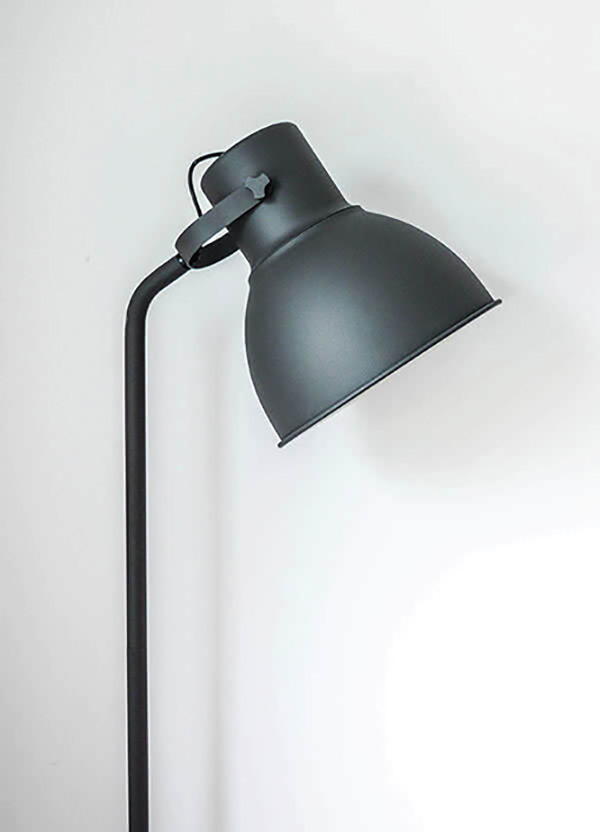Should I Get My Lease Reviewed?
Regardless of your industry, one of the first and most important agreements you’ll likely sign is a commercial or industrial lease agreement for your business. A lease agreement is also sometimes called a rental agreement. A clear and well-defined lease agreement helps both tenants and landlords understand their obligations and protect their interests.
When leasing a space, it is important to do your due diligence up front. Getting out of a bad lease can expose your business to substantial legal cost and liability. If you find a space at a location and price that works for your business, you should hire an experienced real estate lawyer to ensure that the terms of the lease agreement work for you and fit your plans.
Common Commercial Lease Terms
Term of the Lease – The term describes the length of the lease and its start and end dates. Subject to certain conditions and exceptions, your business is responsible for rent for the length of the term. It is an agreement between a landlord and a business outlining terms and conditions of property rental. A commercial lease is specific to renters using the property for business or other commercial purposes versus residential use
Rent – The amount you must pay for the space is usually one of the major concerns any business owner has when entering into a lease agreement. Be careful not to get caught off guard by additional fees in your lease agreement, such as utilities, insurance, and taxes. These extra fees will increase your monthly payment, and therefore, you should calculate them into your rental estimate before signing a lease agreement.
Build-out – The process of finishing this raw space is known as the “build-out.” There can be extensive negotiations between the building owner (landlord) and the tenant over what improvements will be made, who will pay for these improvements, who will be in charge of getting the work done, and what will the tenant be permitted (or required) to remove at the end of the lease. Your business may need to renovate the space to suit your needs prior to moving in. Whether this involves extensive construction or slight modifications, your lease agreement should account for these build-outs…including who pays for them and who will own them when the lease expires.
Maintenance – This term identifies whether a landlord or a tenant is responsible for maintenance and repairs. This can vary from lease to lease and can encompass everything from providing for janitorial and handyman services to who pays for compliance with various laws and business codes.
Exclusivity Clause – An exclusivity clause limits your landlord’s ability to lease neighboring premises to your competitors. If you succeed in getting an exclusive clause, you’ll want to make sure that the landlord agrees to enforce it should another tenant breach its restrictive use clause (and thereby step on your exclusive). Your lease should spell out remedies for this type of situation—for example, the landlord might agree to give you reduced rent, an option to reduce the lease term, and no “cure” period (no time in which the neighbor gets to stop the offending activity without consequences). Most importantly, you’ll want an established amount of monetary damages that you don’t have to prove—the last thing you want is to go to court to prove how much business you lost because another tenant moved into your exclusive.
Sublease and Assignment – These provisions provide flexibility for your business to vacate its space without breaking your lease. Subleases and assignments allow a tenant to transfer the lease, or, in the case of a sublease, a part of the lease, to a third party tenant. Typically, a landlord will reserve the right to approve any potential sublease or assignment.
Liability & Indemnification – Indemnity is compensation for damages or loss. Indemnity in the legal sense may also refer to an exemption from liability for damages. The concept of indemnity is based on a contractual agreement made between two parties, in which one party agrees to pay for potential losses or damages caused by the other party. The allocation of risk is a crucial component in any lease agreement. These provisions outline each party’s liability, or responsibility to pay, for any damages, injuries, accidents, etc. that occur on the property. Typically, an indemnity clause in a lease allows the landlord to seek reimbursement, or indemnity, from the tenant for any money paid to a third party as a result of loss or injury on the property. As a tenant, you should be wary of indemnification that includes injury caused by the landlord’s own negligence.
Termination – Terminating a lease prior to its expiration without liability can be difficult. However, a lawyer can draft certain provisions—break, modification, breach, buyout and acceleration—into your lease agreement to account for an early exit.
Pricing – Depending on whether you need a lease drafted from scratch or simply reviewed, the cost of a commercial lease agreement can vary significantly. When you hire a real estate lawyer, you can expect to pay around $500 in the state of Georgia for a formal lease draft review.




